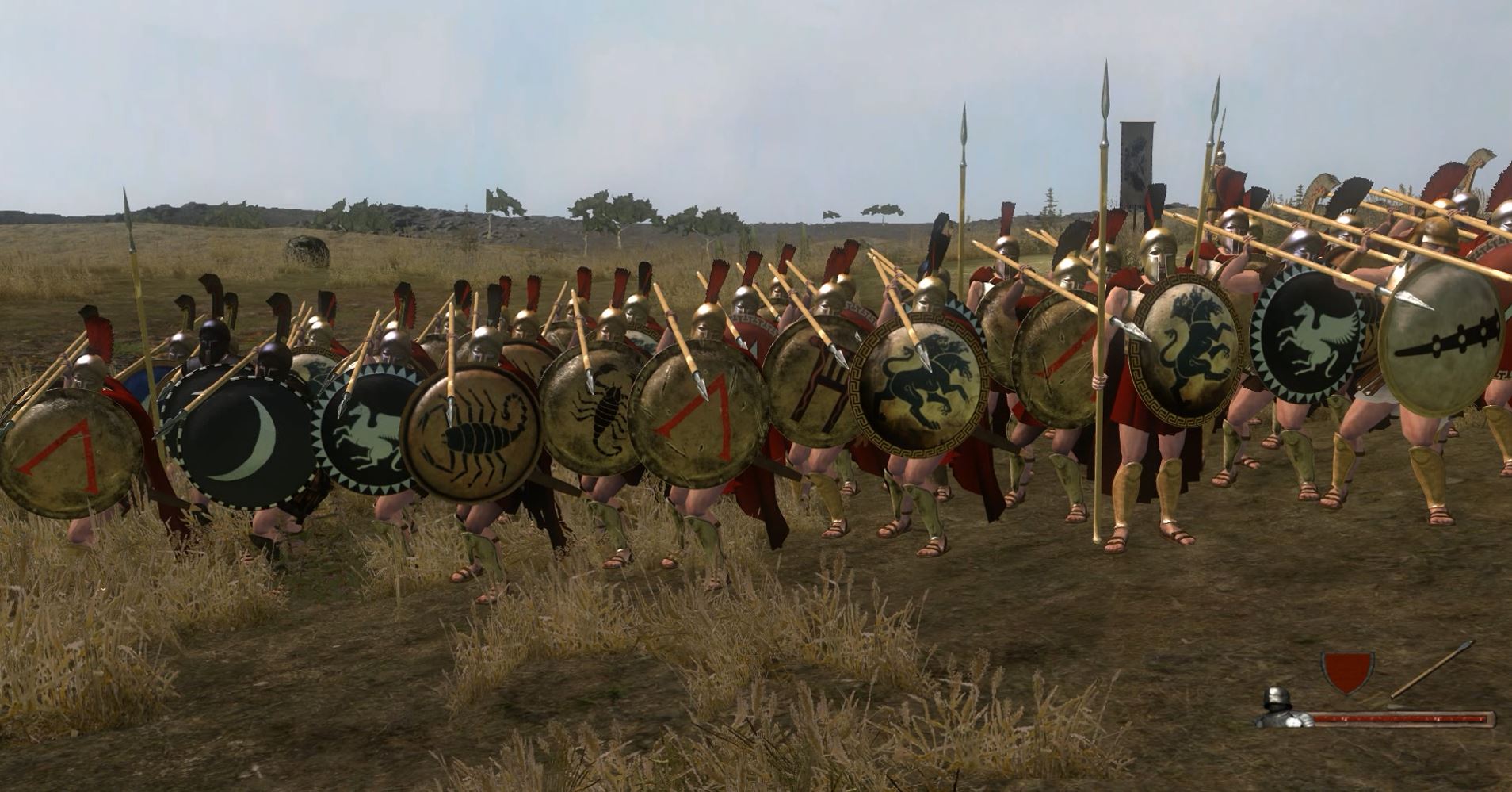

Samurai, Warfare and the State in Early Medieval Japan Karl F. War in the Modern World since 1815 edited by Jeremy Black The Peloponnesian War: A Military Study J. Ottoman Warfare, 1500–1700 Rhoads Murphey Naval Warfare, 1815–1914 Lawrence Sondhaus German Armies: War and German Politics, 1648–1806 Peter H. Mughal Warfare: Imperial Frontiers and Highroads to Empire 1500–1700 Jos Gommans Beckettįrontiersmen: Warfare in Africa Since 1950 Anthony Clayton Modern Insurgencies and Counter-insurgencies: Guerrillas and their Opponents since 1750 Ian F.

EllemanĮuropean Warfare, 1660–1815 Jeremy Black The First Punic War J. Modern Chinese Warfare, 1795–1989 Bruce A. Medieval Naval Warfare, 1000–1500 Susan Rose GraffĮuropean and Native American Warfare, 1675–1815 Armstrong Starkey Medieval Chinese Warfare, 300–900 David A. The Irish and British Wars, 1637–1654: Triumph, Tragedy, and Failure James Scott Wheeler Israel’s Wars, 1947–1993 Ahron Bregman The Korean War: No Victors, No Vanquished Stanley SandlerĮnglish Warfare, 1511–1642 Mark Charles Fissel Warfare and History General Editor Jeremy Black Professor of History, University of ExeterĪir Power in the Age of Total War John Buckley The Armies of the Caliphs: Military and Society in the Early Islamic State Hugh Kennedy The Balkan Wars, 1912–1913: Prelude to the First World War Richard C. John Lazenby is Emeritus Professor of Ancient History at Newcastle University. A readable and clear survey, this text offers a balanced discussion of controversial themes, and will appeal to ancient historians, classicists and all those who are interested in military history.

Not afraid to challenge accepted views, he assesses the war as a military, rather than a political, endeavour, evaluating issues such as the advantages and limitations of sea power. Within a narrative framework, Lazenby concentrates on the fighting itself, and examines the way in which both strategy and tactics developed as the conflict spread. Lazenby avoids the tendency of allowing historiography to obscure analysis, and while paying due attention to detail, also looks at the fundamental questions of warfare raised by the conflict. This authoritative work is the first single-volume study of the entire war to be published in over seventy-five years. Since Thucydides described the war as ‘the greatest disturbance to befall the Greeks’, numerous studies have been made of individual episodes and topics. With the struggle between Athens and Sparta at its core, the twenty-seven-year conflict drew in states from all points of the compass: from Byzantion in the north, Crete in the south, Asia Minor in the east and Sicily in the west. The range and extent of the Peloponnesian War of the fifth century BC has led to it being described as a ‘world war’ in miniature.


 0 kommentar(er)
0 kommentar(er)
